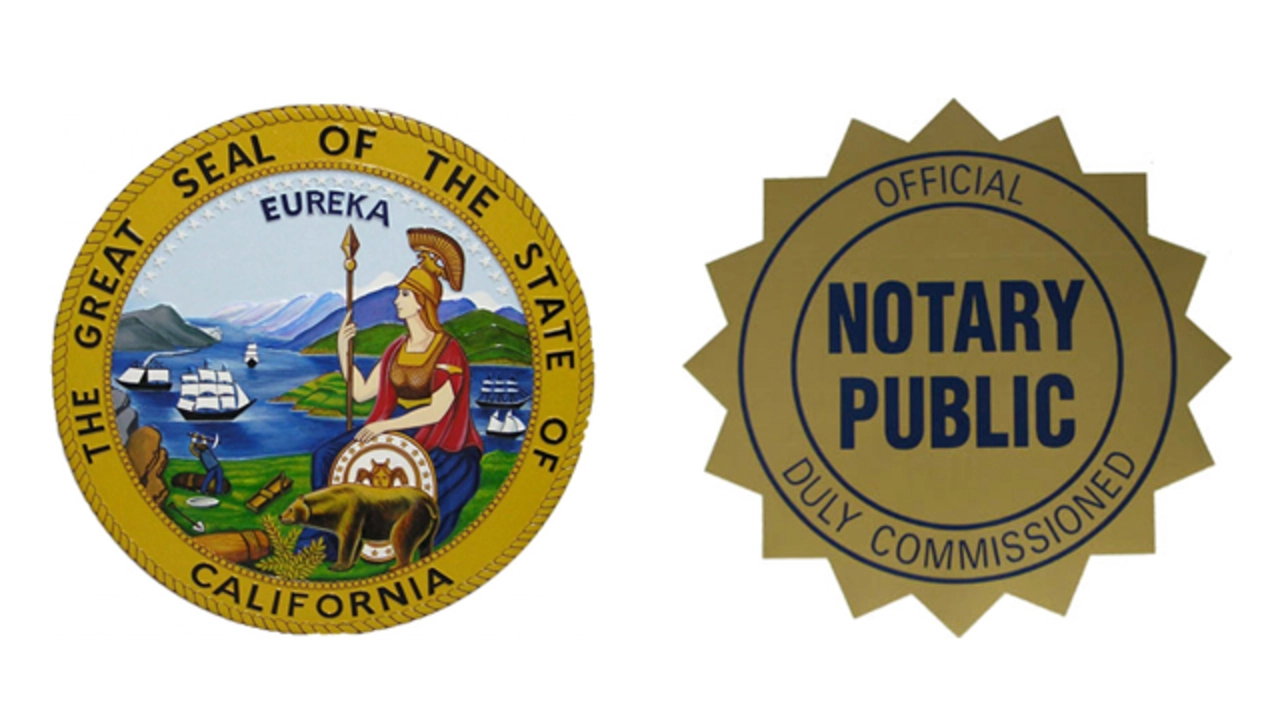Understanding the Notary Qualification Process in California
Before diving into the disqualifying factors for becoming a notary in California, it's important to understand the general qualifications and requirements. California has specific criteria that must be met in order to become a licensed notary public. These include being at least 18 years old, a legal resident of the state, and having no disqualifying criminal convictions. Additionally, applicants must complete a mandatory 6-hour notary course, pass a written exam, and submit an application accompanied by a filing fee.
Now that we have a basic understanding of the notary qualification process, let's take a closer look at the factors that could disqualify someone from becoming a notary in California.
Criminal History: A Major Disqualifying Factor
One of the most significant disqualifying factors for becoming a notary in California is having a criminal record. The state takes this very seriously, as notaries are entrusted with handling sensitive and important documents. Certain criminal convictions, particularly those involving dishonesty or moral turpitude, can result in disqualification.
Examples of disqualifying convictions include, but are not limited to, fraud, embezzlement, perjury, and forgery. However, not all criminal convictions will result in disqualification. The California Secretary of State will consider the nature and severity of the crime, the time elapsed since the conviction, and any evidence of rehabilitation when making a determination.
Professional Misconduct: Another Potential Barrier
Aside from criminal convictions, a history of professional misconduct can also disqualify an applicant from becoming a notary in California. This can include prior disciplinary actions taken against a notary commission or other professional licenses. Actions that demonstrate dishonesty, negligence, or incompetence could be disqualifying.
It's essential for applicants to disclose any previous disciplinary actions on their notary application. Failure to disclose this information can result in denial of the application and potential future disciplinary actions if discovered later on.
Failure to Complete Required Training and Exam
As mentioned earlier, California requires all notary applicants to complete a mandatory 6-hour notary course and pass a written exam. Failure to fulfill these requirements will result in disqualification. The state-approved course is designed to teach aspiring notaries the rules, regulations, and ethical considerations necessary for performing their duties.
Applicants must pass the written exam with a score of at least 70%. The exam is administered by the California Secretary of State and tests applicants' knowledge of notary laws and best practices. Failing the exam can be a disqualifying factor, although applicants are allowed three attempts to pass before being required to retake the notary course.
Incorrect or Incomplete Application Materials
Submitting an incorrect or incomplete notary application can lead to disqualification. It's essential for applicants to carefully review the application instructions and ensure all required documentation is included. This may involve providing proof of residency, completion of the notary course, and passing the written exam.
Additionally, it's crucial for applicants to be truthful and accurate when providing information on their application. Any false or misleading statements can result in disqualification and potential legal consequences.
Failure to Obtain a Notary Bond
In California, notaries are required to obtain a $15,000 surety bond before receiving their commission. This bond serves to protect the public from any financial losses resulting from a notary's misconduct or negligence. Failure to obtain and maintain this bond will disqualify an applicant from becoming a notary in the state.
Once a bond is obtained, it must be filed with the county clerk's office within 30 days of receiving the notary commission. Failure to meet this deadline can result in disqualification and the need to reapply for a notary commission.
Disqualifying Factors Specific to California
While many of the disqualifying factors mentioned above are common across various states, California has some unique requirements that could lead to disqualification. For example, applicants must be legal residents of the state and cannot hold a notary commission in another state concurrently with a California commission. Additionally, California requires all notaries to be fingerprinted and undergo a background check through the Department of Justice and the Federal Bureau of Investigation.
Understanding the various disqualifying factors for becoming a notary in California is crucial for aspiring notaries. By being aware of these requirements and taking the necessary steps to avoid disqualification, applicants can increase their chances of successfully obtaining a notary commission in the state.

